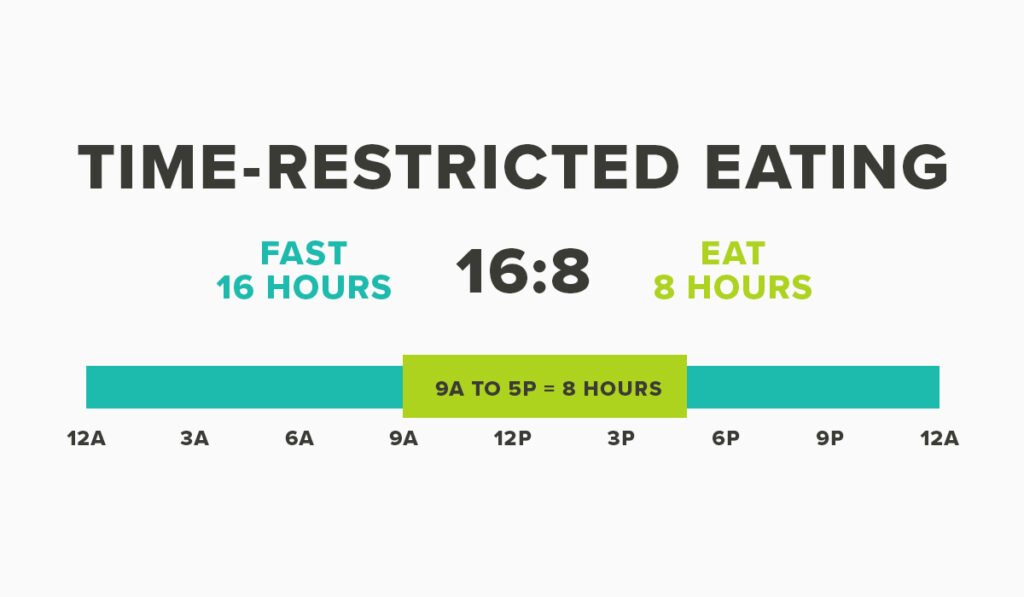ARTICLE AT A GLANCE
Knowing how your body regulates your circadian rhythm, you can make sure it does what it’s supposed to by following these steps. This article covers:
Your circadian rhythm is made up of several physical, mental, and behavioral changes that recur naturally on a 24-hour cycle. Every cell in your body follows this rhythm, as it dictates when they’re most metabolically active, when they produce hormones, and when they repair themselves.
Those recurring behaviors are intricately linked to your internal biological clock, which controls important functions throughout your body, from sleep patterns to hormone release to digestion. If you want to help keep your internal metronome on the right beat, you can hack your habits to do just that.
When Your Timing Is Off
Both your biological clock and your circadian rhythm can be affected by several internal and environmental factors. For example, the normal patterns of light and darkness that you’re exposed to each day tell your body when to wake up and when to wind down. Your eating patterns can also promote more precise cellular timing.
If you don’t get enough light throughout the day or you get too much at night, then you might disrupt your circadian rhythm. If you eat too often for your digestive system to catch up or you snack at the wrong time, such as right before bedtime, your body will have trouble getting back into its rhythm.
Your sleep-wake cycles will be thrown off-balance, as will different hormone releases, eating habits, digestion, body temperature, and more. You’ll be at a higher risk of chronic health issues, such as obesity and cardiovascular disease, as well as experiencing more intense episodes of mood swings, depression, bipolar disorder, and more. It’s critical to adjust your habits to be in line with your circadian rhythm in order to prevent these consequences.

Finding Your Internal Clock
When your biological clock runs fast or slow, it can disrupt your circadian rhythm on a fundamental level. The physical location of your master clock, known as the suprachiasmatic nucleus or SCN, is located in the brain’s hypothalamus.
The SCN plays a few vital roles in sustaining your circadian rhythm and its effects on your metabolism. For instance, it processes the amount of light coming in through your optic nerves and lets the body know when to produce melatonin (the sleep hormone) when that level of light drops. If you stay indoors all day, you’re more likely to get drowsy faster.
Likewise, if you stare at the light from a mobile device all night, your SCN might not signal your body to produce enough melatonin, making it harder for you to fall asleep. Whatever the reason, a delayed or disrupted sleep-wake cycle adversely affects your circadian rhythm. This has also been linked to issues such as weight gain and higher calorie consumption due to spending more time awake.
Understanding the important connection between your habits and your body’s clock has led to hope for more successful treatments for sleep apnea, obesity, mental health disorders, and even jet lag. It can even teach nighttime shift workers to better adjust to their schedules, reducing instances of anxiety and depression that often plague late-night employees.
Keep the Rhythm Running Smoothly
As mentioned above, every tissue and organ in your body has its own biological clock that contributes to your body’s 24-hour cycle. That includes those involved with digestion and regulating your metabolism.
Every organ, hormone, and enzyme involved with digesting your food follows your circadian rhythm. Constantly eating late meals or nibbling on midnight snacks — when your SCN thinks you should be resting — will chronically disrupt it. Because this eating pattern conflicts with that rhythm, it’s a recipe for weight gain and metabolic trouble.
Between your exposure to light and the timing of your eating patterns, you have plenty of room to fine-tune your habits and keep your biological clock in rhythm. Knowing how your body regulates this rhythm, you can make sure it does what it’s supposed to by following these three steps:

1. Wake up with the sun.
Waking up and getting some sunlight is one of the surest ways of resetting your internal clock. Your SCN triggers your body to produce less melatonin as the light around you gets brighter, making the morning sunshine one of the most significant cues for your body to wake up.
If you have to wake up while it’s still dark to go to work or school, then pay attention to when the sun rises and try to step outside when it does. You might feel awake, but without that natural light boost, you might feel ready to go back to bed much sooner than is necessary.

2. Go to sleep like you mean it.
When you reach the rest cycle of your circadian rhythm, it’s time to limit light to produce the exact opposite effect. In low light, your SCN will tell your body to start producing more melatonin again, making you drowsy so you can go to sleep.
However, the blue lights that your mobile device, TV, laptop, or computer monitor emit can stop you from entering this cycle when you’re supposed to. Create a definite, standard sleep-wake cycle, stick to it every day and night, and put away any electronic screens at least an hour before it’s time to go to sleep.

3. Make meal times specific — and restrict them.
As with sleeping, your body works better if it knows when to expect to digest and process food. By optimizing your healthy eating patterns to stick to your circadian rhythm, you can enjoy myriad health and fitness benefits, including better neurological function.
One of the most effective ways to do this is through time-restricted eating. Limit meals to a window of eight to 10 hours during the day, when your body is most active. Allow your digestive system to rest for the remaining hours and while you sleep.

Your body will get used to the pattern, and with a consistently healthy diet, it will automatically optimize its own digestive rhythm. Subscribing to a prepared meal delivery service can help you get the nutrients you need within that scheduled eating window.
Your circadian rhythm is about more than just sleep. In fact, your eating habits are just as important to keeping your body’s functions on track as your sleeping habits are. Respect the rhythm by creating and sticking to sleeping and eating patterns that are more closely aligned with it, and you might be surprised at how much more efficiently your body works.
Zac Bell is a Nutritional Health Coach at Metabolic Meals, supporting customers with their nutrition and fitness goals. Zac has a Bachelor’s Degree in Exercise Science.






